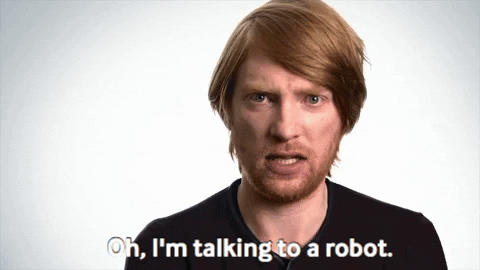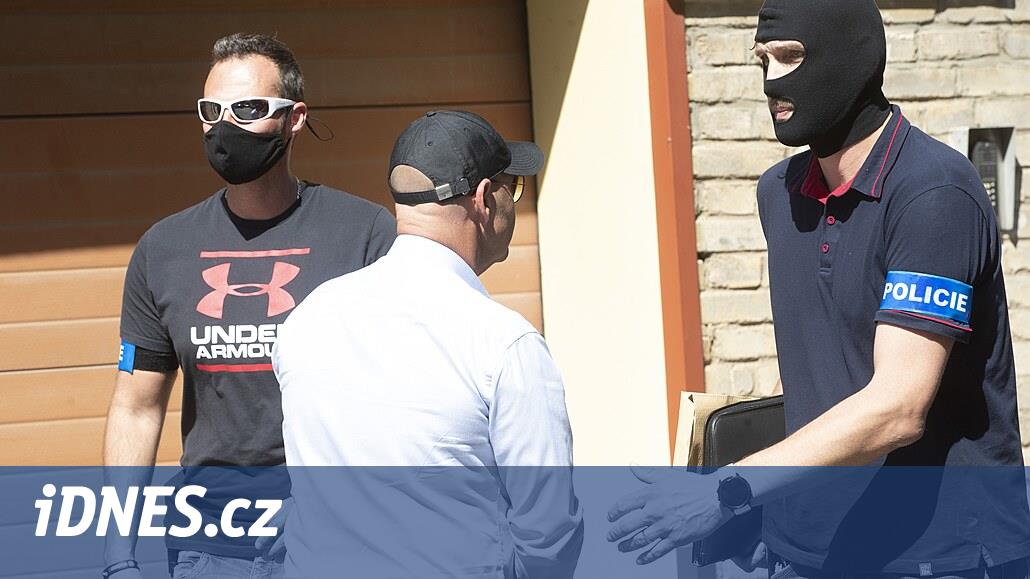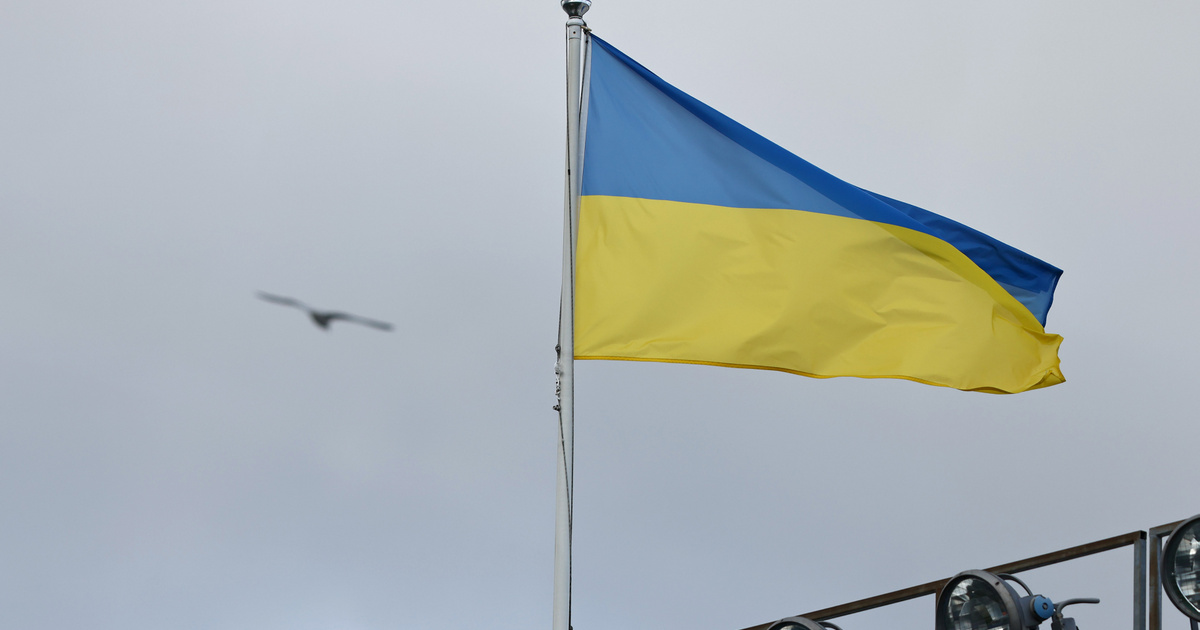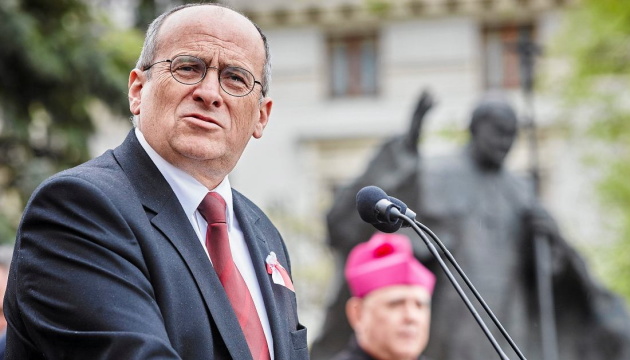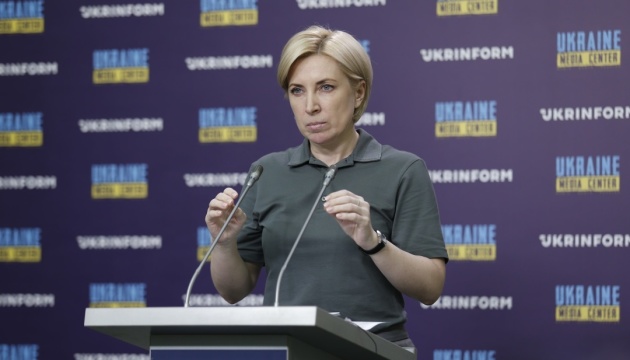Az Index nem kicsit tultolja, tegyuk hozza - vajon mennyire erti az angolt a fordito...?
A szerzo (Erika Solomon, egy harvardiana) a NYT (korabbi?) berlini tudositoja, elotte a FT sziriai, libanoni stb tudositoja volt, szoval nem kezdo.
A cikk emellett nagyon is eros, remek kepekkel illusztralja, milyen nehez lehet ott megmaradni magyarnak, meg azt is hangsulyozzak, hogy ez pontosan a magyar allam tamogatasai miatt lehetseges. (
Diego Ibarra Sanchez spanyol fotos Libanonbol, szinten haborut jart profi, gondolom a joasszony kerte maga melle, miutan libanoni kikuldetesen egyutt dolgoztak.)
Korrektul leirja, hogy az oroszok ellen szant nyelvtorveny stb a magyarokra is lesujtott es ezt a helyiek igazsagtalannak tartjak. ELmeseli a primitiv ukran mendemondat az elcsatolasrol predikalo papokrol, de azt is leirja, hogy semmifele bizonyitek nincs erre a pletykara (=implicit rosszindulatu ukranokat mutat be.)
Ugyanakkor persze ez a NYT - eleg ritka, amikor arrol tudositanak, hogy a brooklyni, manhattani zsinagogakban, meg foleg a long islandi ortodox zsido varosokban hany helyen lobog a davidcsillagos zaszlo es megkerdojelezik az amerikai zsidok huseget (akik amugy bevandorlok vagy azok gyerekei.)
Ugyancsak nem birja elengedni a szerzo az ocska 'eposzi kellekek' rendszeret, ahogyan en hivom, amelyek a modern (un. liberalis) ujsagirast tonkretettek: megvan az in medias res, lasd a kezdest, a proposition = ezek a magyarok csak a regi Magyarorszag utan vagyakoznak folyamatosan, enumeratio, szepen megjelennek a fohosok, az invocation = a segelykialtasuk, amire Orbanek valaszoltak, Deus ex machina =Magyarorszag Orban ota megsegiti oket, es persze az epitethon ornans, az "Orban, Putyin legkozelebbi szovetsegese" stb stb.
Ez az egesz szerkezet mara a szememben a szanalmasan rohejes kategoriat jelenti, amikor valaki keptelen sajat szerkezetet kidolgozni, de hat errol szol a szar tucatujsagiras, ertheto, igy nyernek dijakat egymastol, penzeket es hasonlokat.
 After Moscow’s invasion, some Ukrainians worry that divided loyalties within the country’s small ethnic Hungarian minority might make it susceptible to pro-Russia propaganda from Hungary.
After Moscow’s invasion, some Ukrainians worry that divided loyalties within the country’s small ethnic Hungarian minority might make it susceptible to pro-Russia propaganda from Hungary.
In the Transcarpathia region of Ukraine this month, the Hungarian community commemorated the breakup of a long-ago homeland.
Diego Ibarra Sanchez for The New York Times
By Erika Solomon
Photographs by Diego Ibarra Sanchez
June 16, 2022
TRANSCARPATHIA, Ukraine — Beneath dark clouds unleashing a summer rain, officials in a southwestern Ukrainian border village gathered silently, slowly hanging wreaths on branches to commemorate the destruction of a nation.
The wreaths were not decorated with the yellow and blue of the Ukrainian flag; they were laced, instead, with the red, white and green of Hungary’s. And the nation they honored this month was not their besieged country, but a homeland from their collective history, torn up more than 100 years ago.
Transcarpathia — now a hardscrabble region of Ukraine bordering Hungary — has been home to as many as 150,000 ethnic Hungarians who, through the complex horse-trading, conquests and boundary adjustments of over a century of European geopolitics, ended up within Ukraine’s borders.
Before the
war with Russia, the yearnings of Ukraine’s Hungarian minority were mostly brushed off as benign nostalgia for a time when they lived in one nation with other ethnic Hungarians. Now, divided loyalties within the tiny community — which has soaked up Hungary’s ambivalence toward Russia’s invasion — are being seen as something more worrisome by their fellow Ukrainians, some of whom fear they are susceptible to pro-Russia propaganda from Hungary.
The ambivalence some feel is a reminder of the trouble that Hungary’s authoritarian leader,
Viktor Orban, is able to cause for his neighbors, in this case by playing on ethnic Hungarians’ feelings of discrimination by their government. And it adds another layer of complexity for Ukraine’s leaders as they try to keep their sprawling, multiethnic country united in the face of a brutal Russian invasion, even as they struggle to win allegiance from minorities including ethnic Russians and Hungarians.
Katolinki Yanchi, a Hungarian woman, in Transcarpathia.
Diego Ibarra Sanchez for The New York Times
Andrey Yanchi, Ms. Yanchi’s husband, with his horses.
Diego Ibarra Sanchez for The New York Times
“It’s like being on a football field between two opposing teams,” said David Arpad, a pastor who was leading one of the commemorations for the lost Hungarian homeland, which were kept small to avoid stoking more tensions amid the war. “We are stuck on the middle of the field, because on one side is Hungary, and the other side is Ukraine.”
Hungary and Ukraine were not always rivals. In the final days of the Soviet Union, they were partners in nationalist struggles for more self-determination. Hungary was among the first countries to recognize Ukraine, in exchange for ethnic Hungarians within Ukraine’s borders having the right to preserve their language and culture.
But in recent years,
tensions have risen as Mr. Orban has increasingly sought to bring ethnic Hungarian enclaves in Ukraine and elsewhere under his sway. Among other things, he has encouraged Hungarians beyond the country’s borders to claim citizenship, which allowed him to win over new voters to keep him in power.
In this poor region of Ukraine, along the Hungarian border, he doled out funding to run schools, churches, businesses and newspapers, winning gratitude — and helping fan resentments. The ceremony for a lost homeland did not exist before Mr. Orban came to power.
The feelings of otherness intensified as Ukraine, under constant threat by Russia, passed a law that mandates more classes be taught in Ukrainian in public schools. The law was mainly meant to rein in the use of the Russian language, but for the conservative Hungarian community where many still learn, and pray, almost exclusively in Hungarian, the law was seen as an unfair infringement on constitutional rights.

